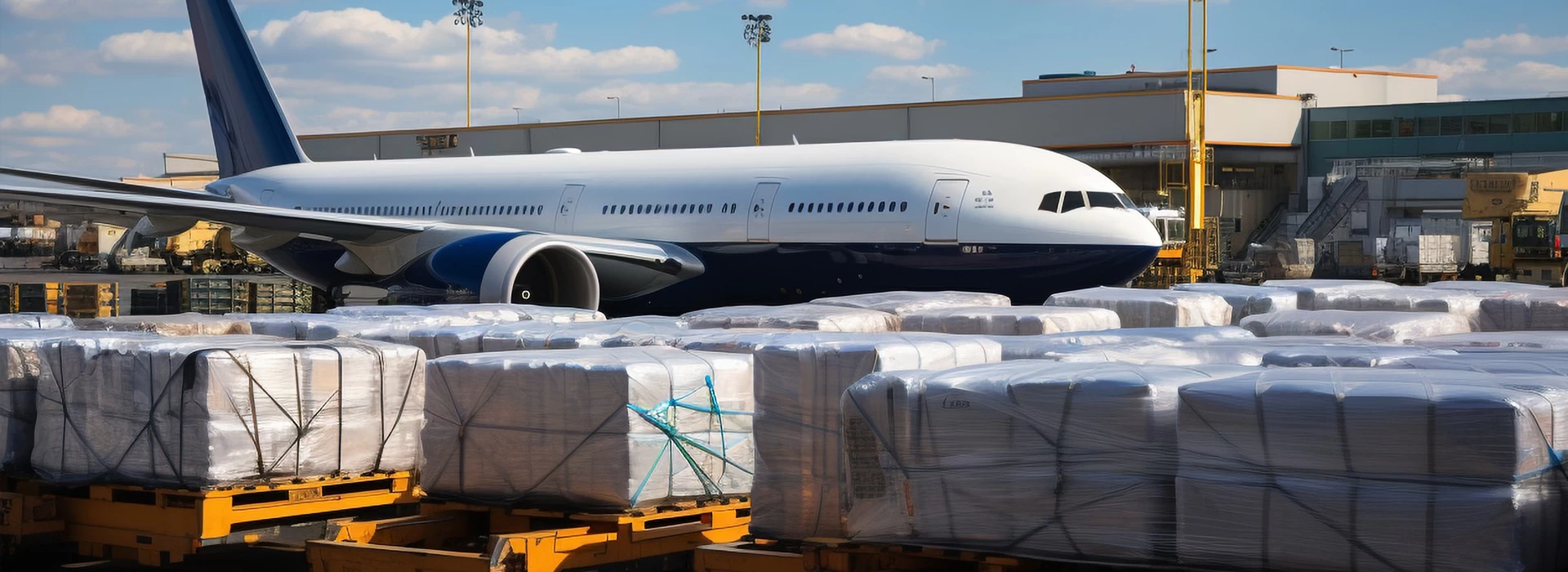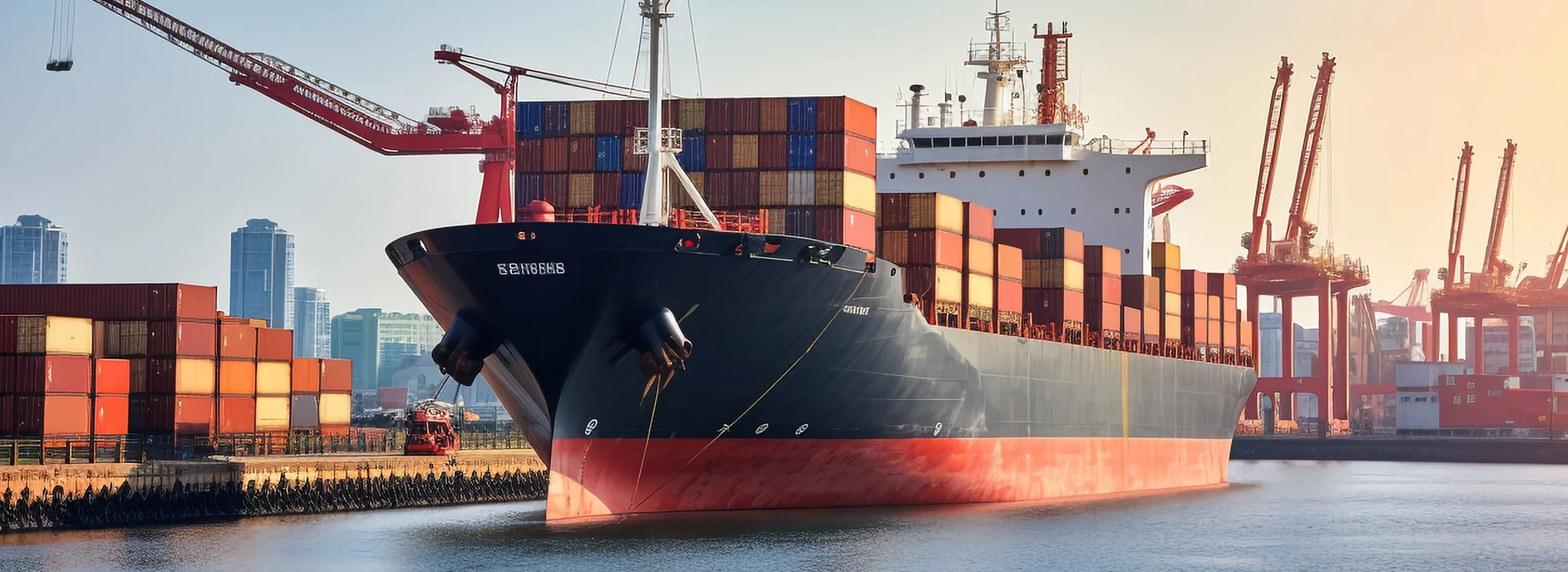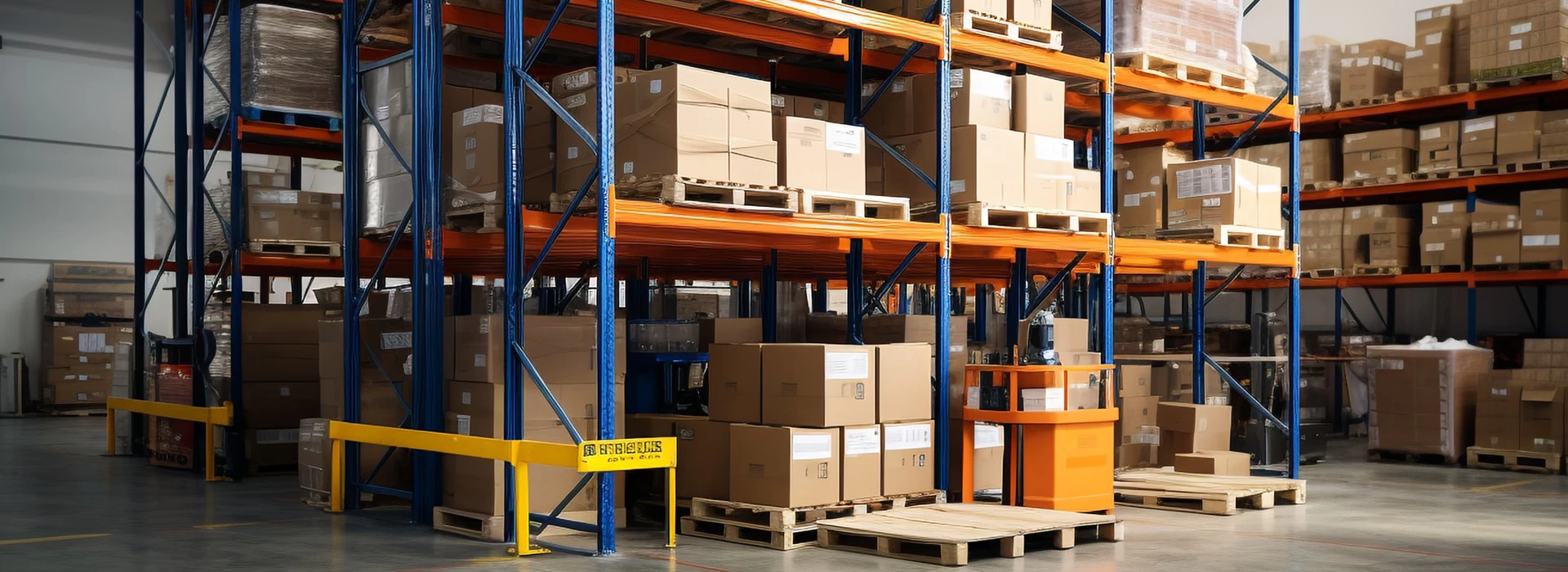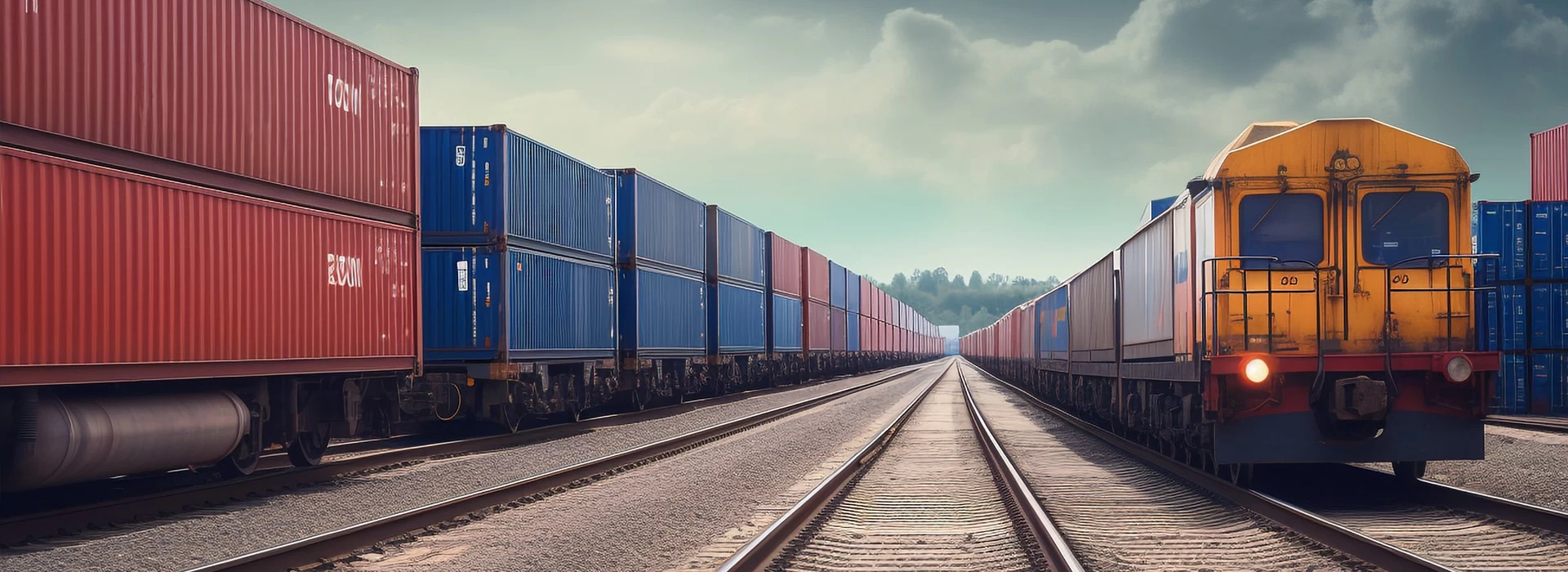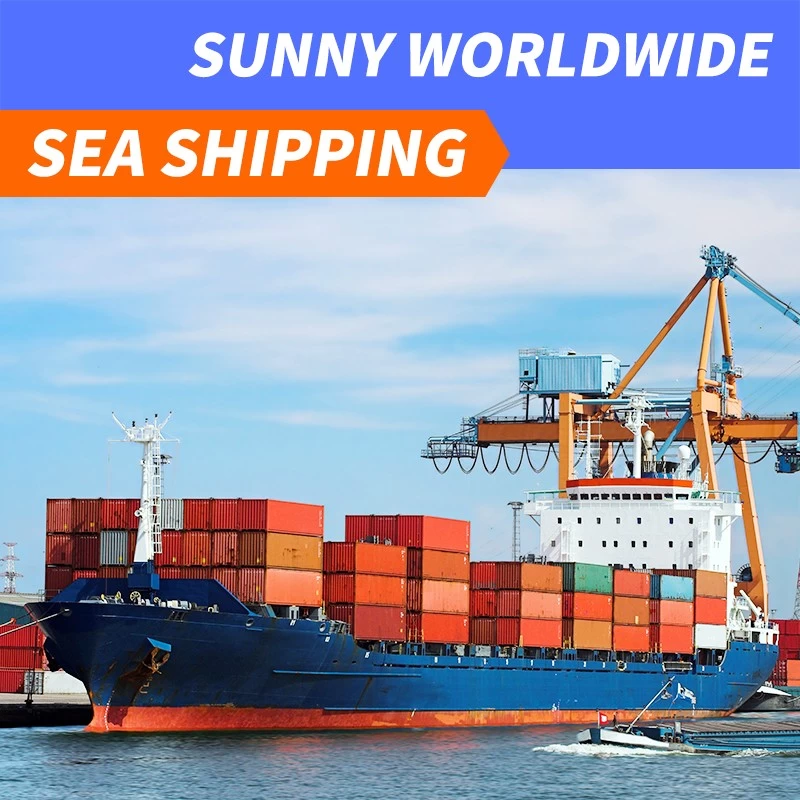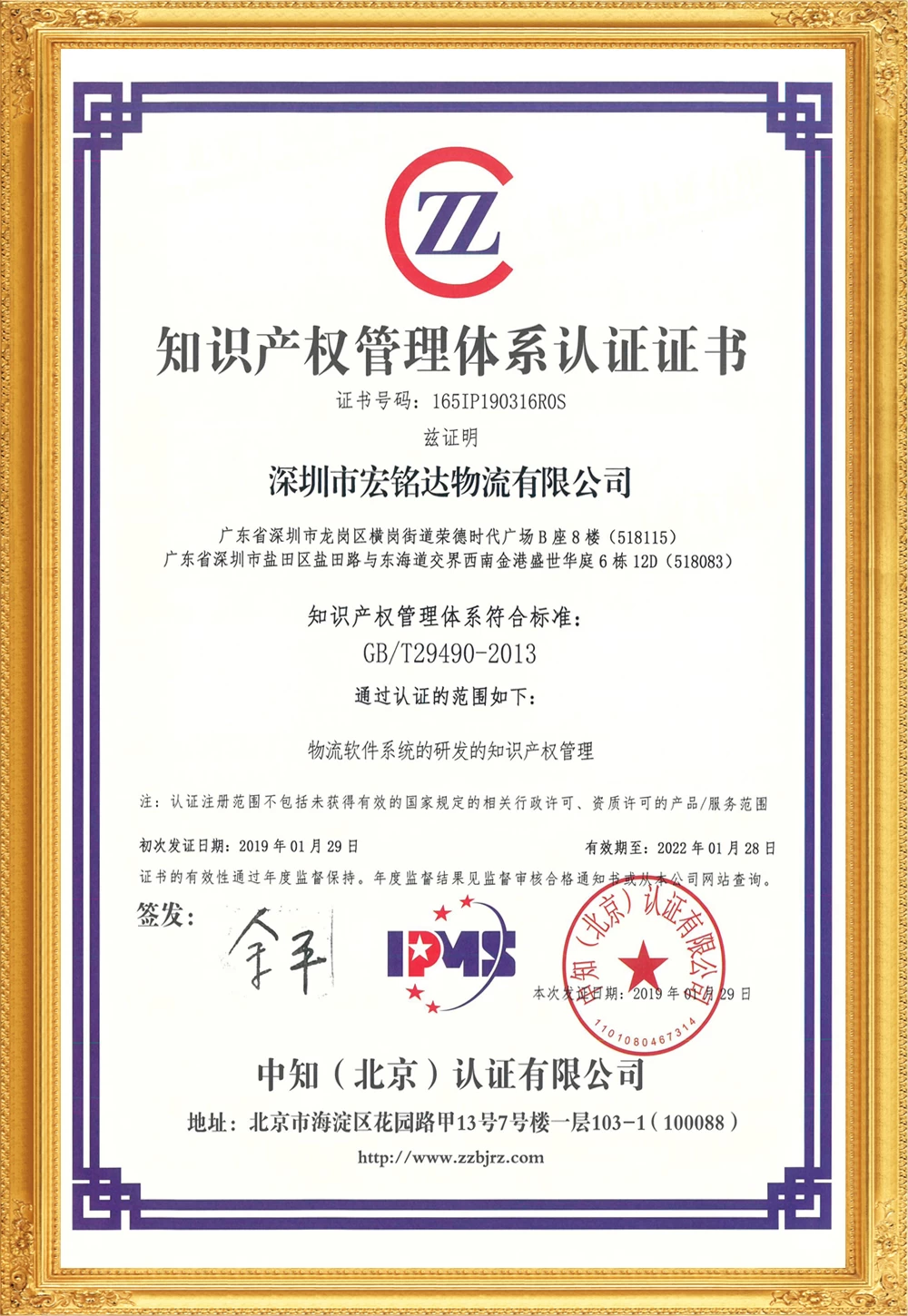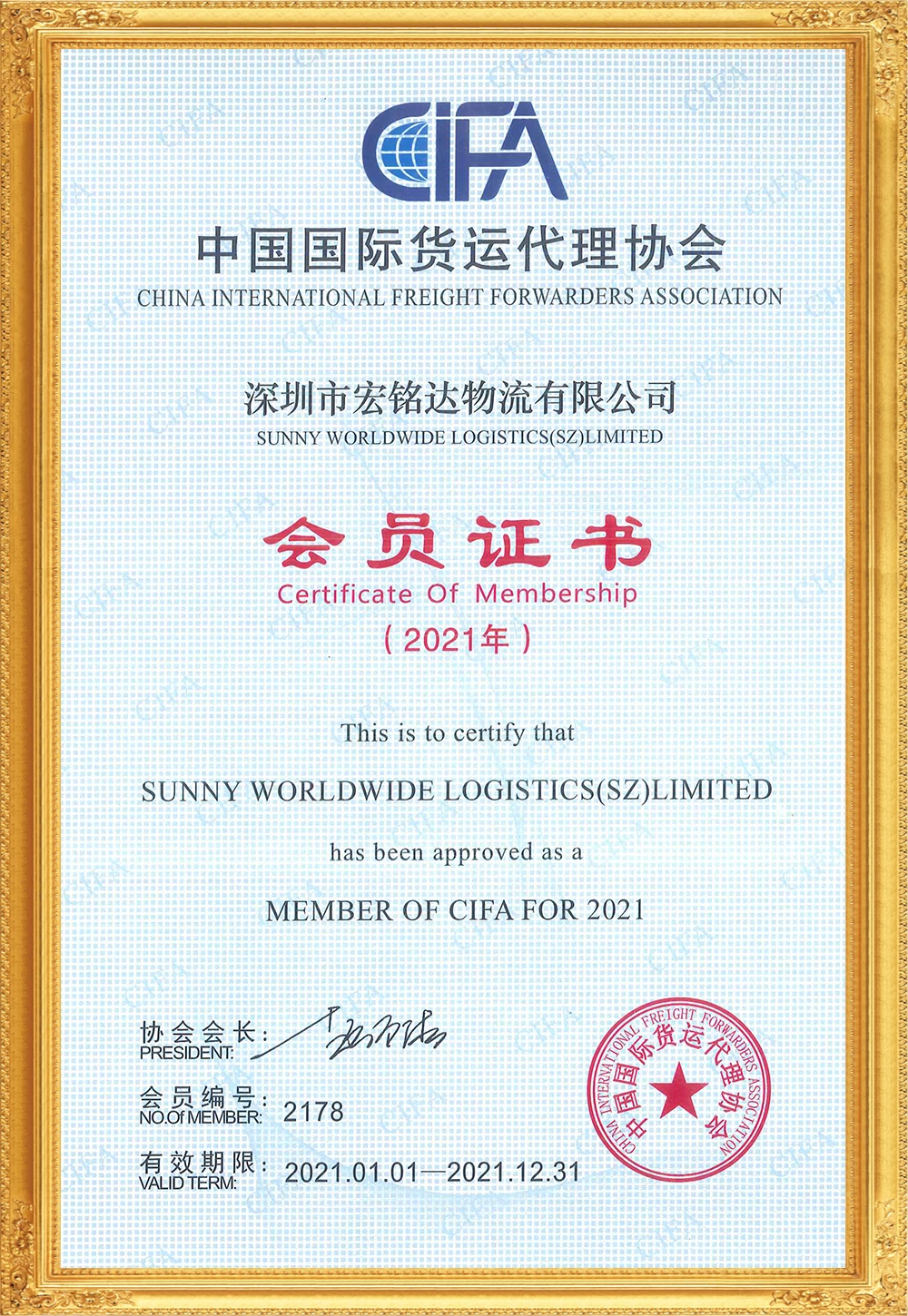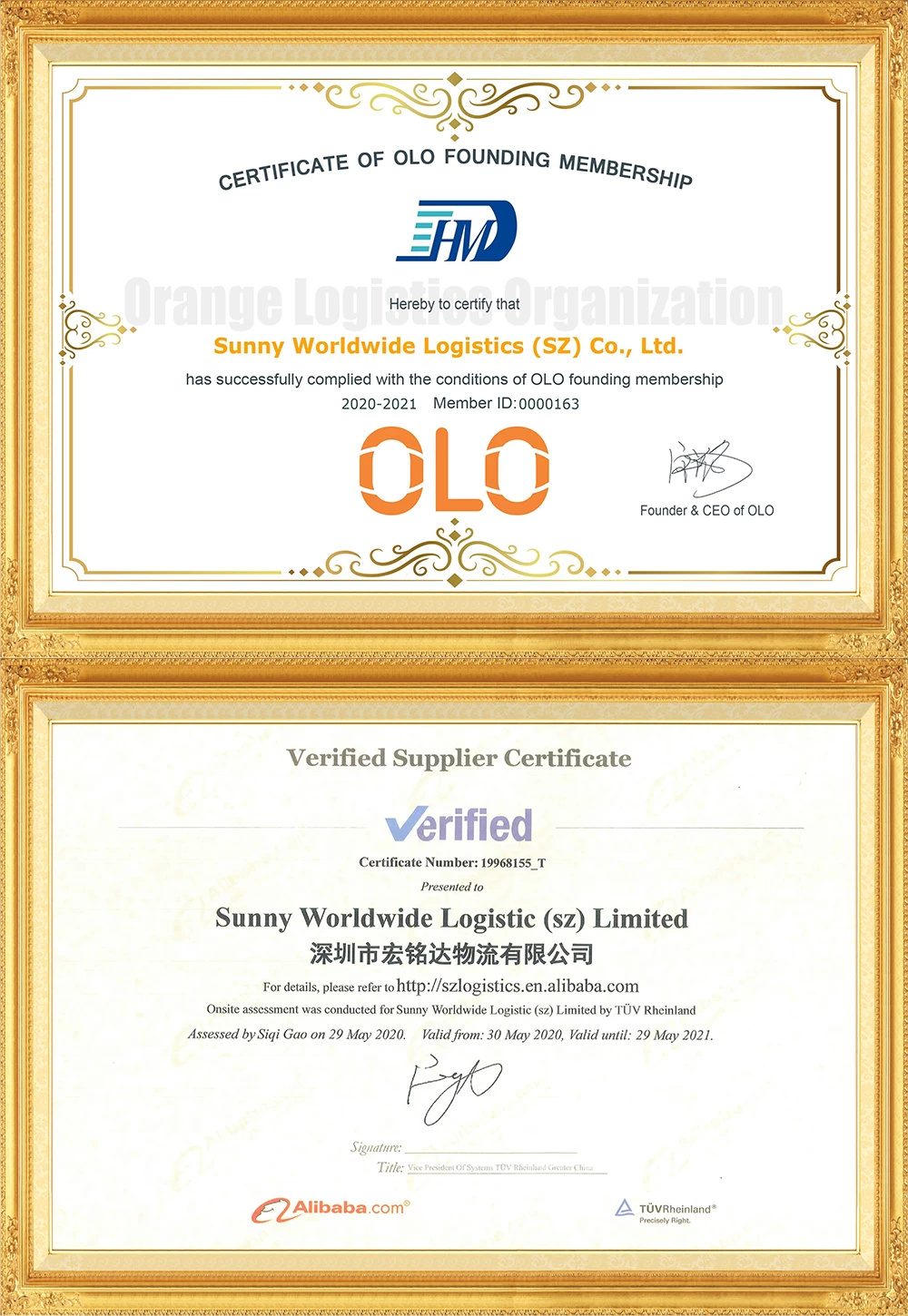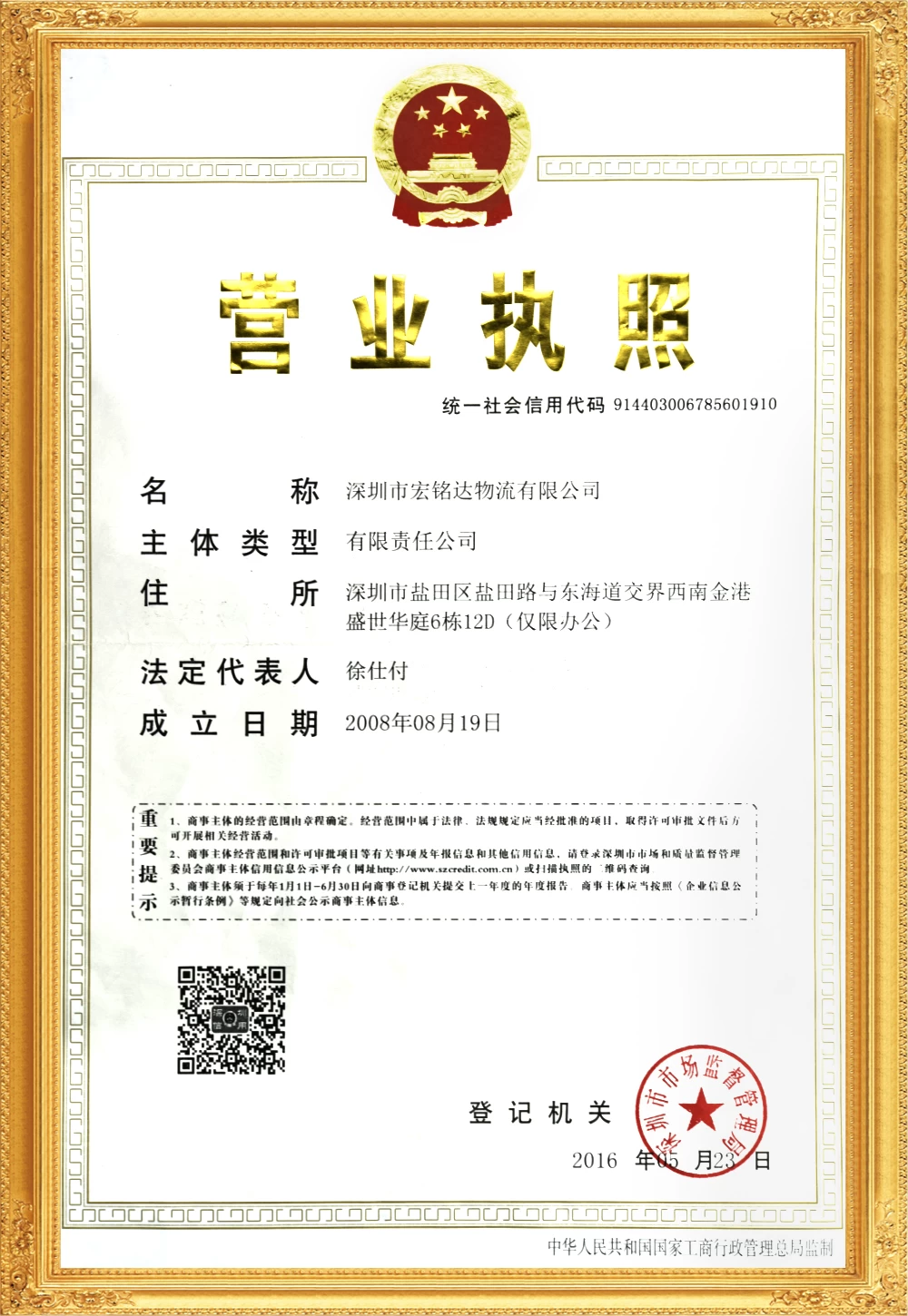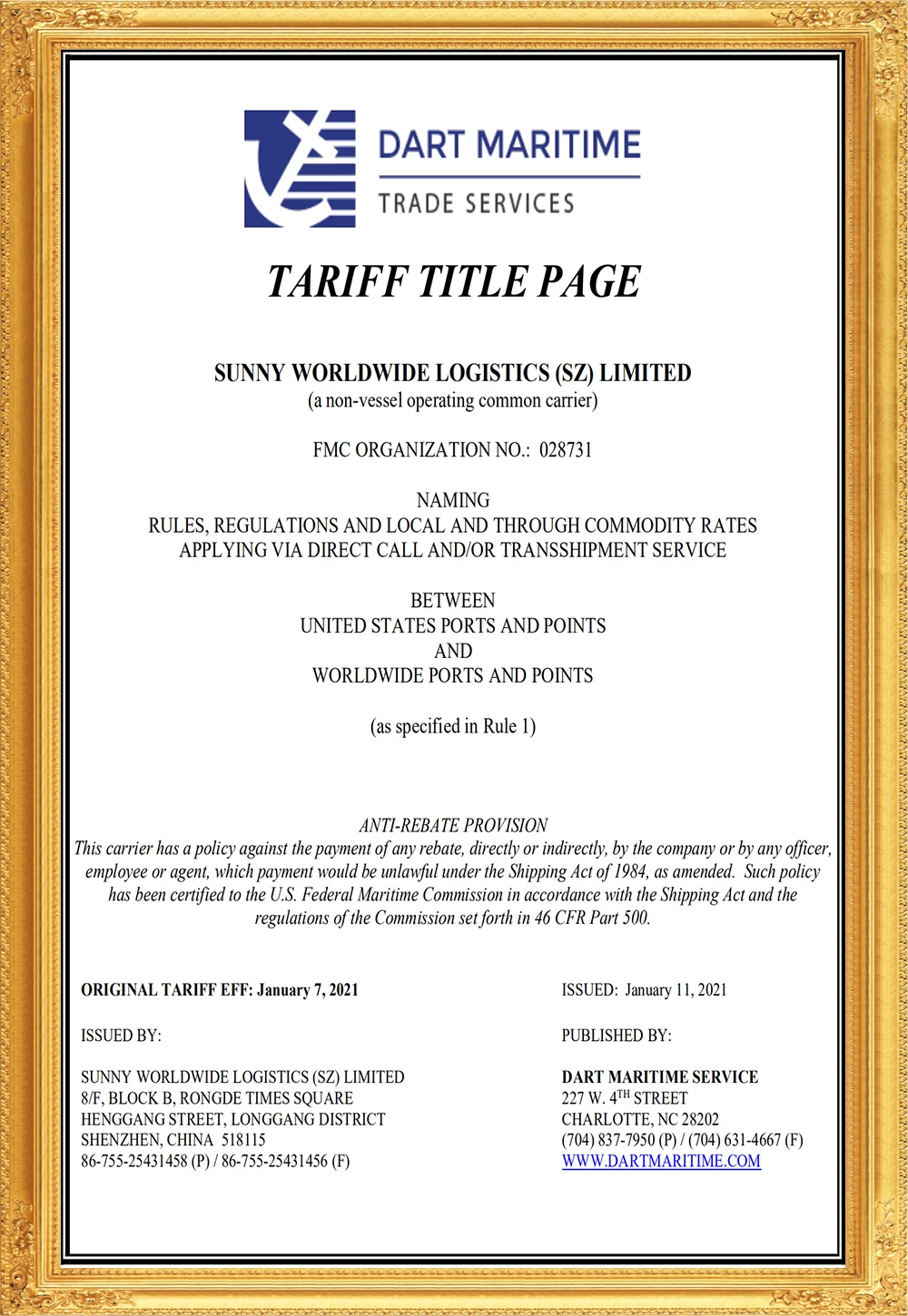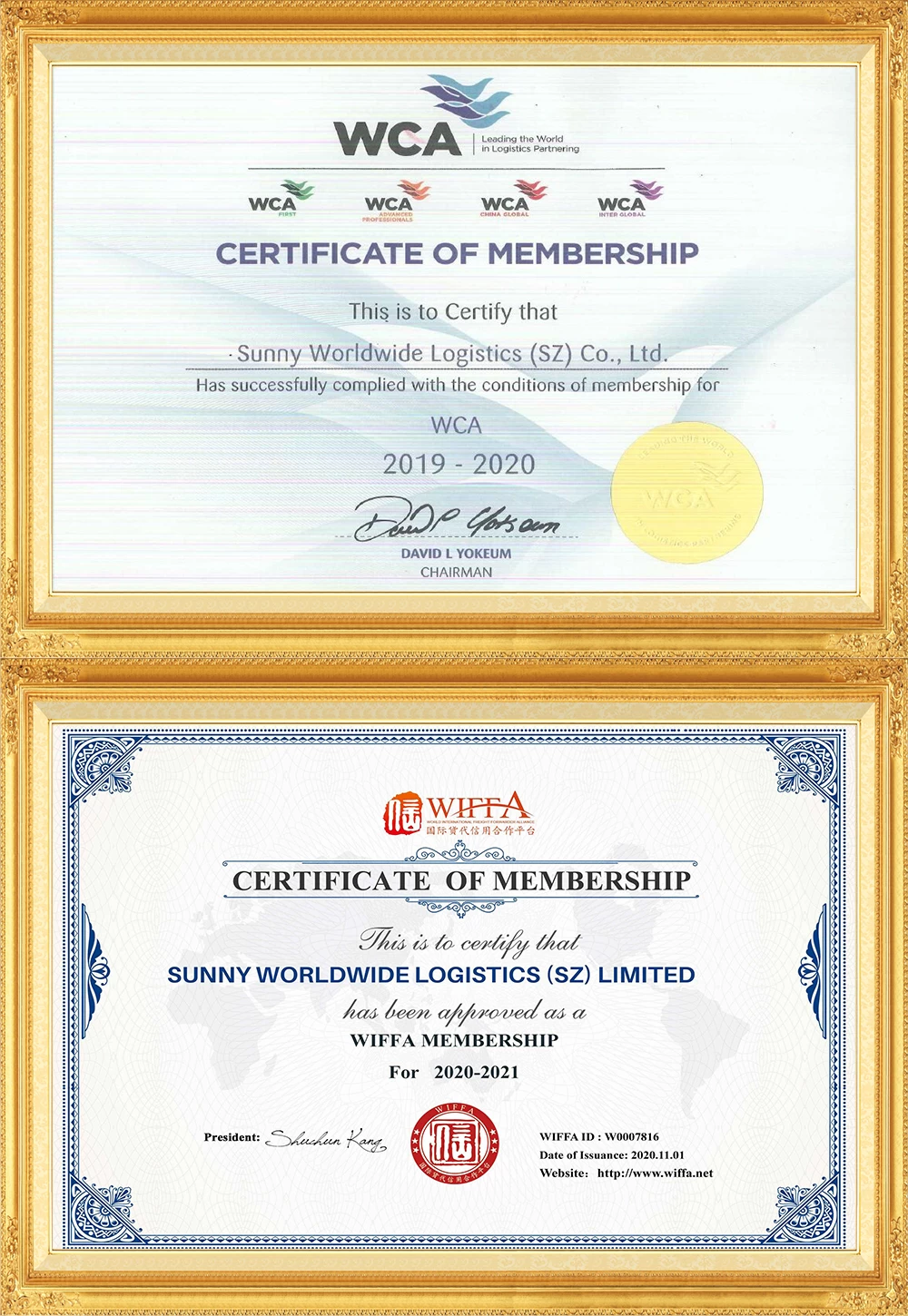United Nations: Global maritime routes disrupted, affecting all regions
On February 22nd, the United Nations Conference on Trade and Development released a report stating that in the context of geopolitical tensions affecting Black Sea shipping routes and severe droughts caused by climate change disrupting Panama Canal shipping, recent attacks on Red Sea shipping have forced ships to avoid the Suez Canal, posing an unprecedented challenge to global trade, affecting millions of people in various regions.
According to estimates from the United Nations Conference on Trade and Development, the commercial throughput of the Suez Canal has decreased by 42% compared to peak periods. Due to major shipping companies suspending traffic from the Suez Canal, the weekly traffic of container ships has decreased by 67%, while the volume of container cargo, oil tankers, and natural gas transport ships has also significantly declined.
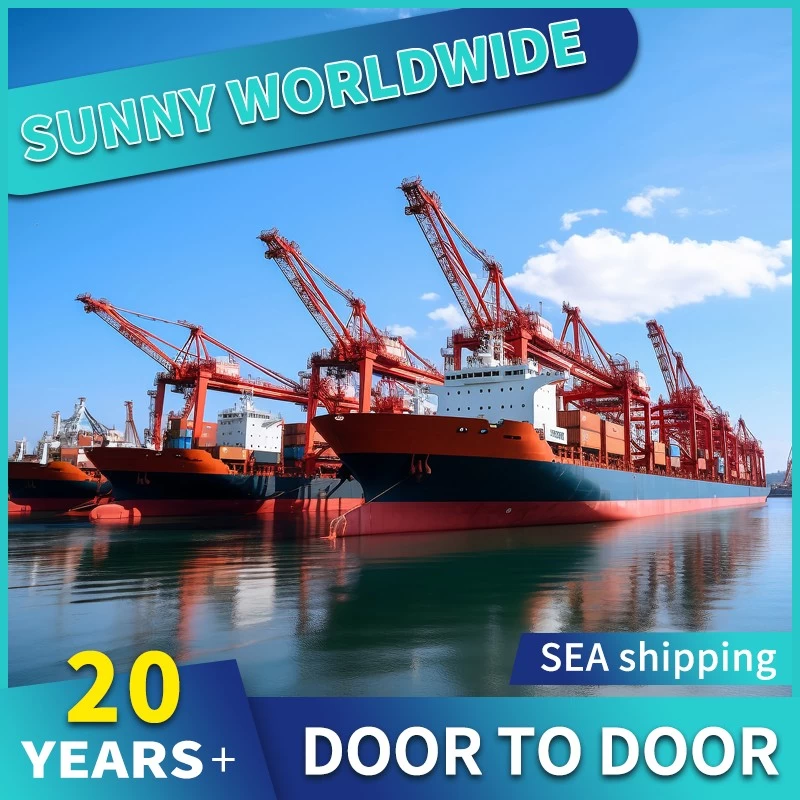
Container spot freight rates have skyrocketed
The report also shows that the situation of commercial ships avoiding the Suez Canal and bypassing the Cape of Good Hope has led to a significant increase in container spot freight rates since November 2023, with an average freight rate reaching a weekly high of $500 in the last week of December last year, and this upward trend is still ongoing.
According to statistics, since early December, the average spot shipping cost of containers departing from Shanghai has increased by more than twice (+122%), while the shipping cost from Shanghai to Europe has increased by more than twice (+256%); Even if shipping to the West Coast of the United States does not require passing through the Suez Canal, the increase in freight rates exceeds the average level (+162%).
Concerns over the Falling Water Level of the Panama Canal
At the same time, the Panama Canal, as an important shipping artery connecting the Atlantic and Pacific oceans, is facing another challenge: continuously declining water levels. The decline in canal water levels has raised concerns about the long-term resilience of global supply chains and exposed the fragility of world trade infrastructure. It is estimated that the throughput of commercial ships in the Panama Canal has decreased by 49% compared to peak periods
The Conference on Trade and Development specifically pointed out that the Panama Canal is particularly important for the foreign trade of countries on the west coast of South America. Chile and Peru rely on the Panama Canal for approximately 22% of their total foreign trade, while Ecuador's dependence is even greater, with 26% of its foreign trade going through the Panama Canal.
Price surge
The report emphasizes that sustained disruptions to container transportation may have far-reaching economic impacts, threatening global supply chains and potentially causing delivery delays, resulting in higher costs and inflation. Within a year, the overall impact of rising shipping costs will be passed on to consumers.
In addition, in the event of natural gas transportation disruptions, energy prices skyrocket and directly affect energy supply, especially in Europe. This crisis may also affect global food prices, as longer transportation distances and higher shipping costs may lead to cost increases.
Not only that, the disruption of grain transportation in Europe, Russia, and Ukraine continues to pose a risk to global food security, affecting consumers while also lowering the prices paid to producers.
Climate impact
The Conference also emphasized that for over a decade, the shipping industry has been taking deceleration measures to reduce fuel costs and address greenhouse gas emissions. However, disruptions to key trade routes such as the Red Sea and Suez Canal, as well as factors affecting shipping on the Panama Canal and Black Sea, will drive ships to accelerate their speed to maintain transportation schedules, resulting in increased fuel consumption and greenhouse gas emissions.
It is estimated that the higher levels of fuel consumption caused by longer distances and faster speeds during Singapore's round-trip voyages to Rotterdam may result in a 70% increase in greenhouse gas emissions.
Developing countries bear heavy pressure
The Trade and Development Conference also reminds that developing countries are particularly vulnerable to the impact of shipping disruptions. The agency pointed out that several East African countries heavily rely on the Suez Canal for their foreign trade.
Data shows that approximately 31% of Djibouti's foreign trade volume needs to pass through the Suez Canal, while this proportion in Kenya and Tanzania's foreign trade also reaches 15% and 10%, respectively. Among all East African countries, Sudan has the highest dependence on the Suez Canal for its foreign trade, with approximately 34% of its trade volume relying on the Suez Canal.

Collective response required
The Conference on Trade and Development believes that the current challenges highlight that global trade has been exposed to geopolitical tensions and climate related challenges, which require collective efforts to seek sustainable solutions, particularly by providing support to countries more vulnerable to these impacts.
The institution also emphasizes that the global shipping industry urgently needs to make rapid adjustments and engage in strong international cooperation to manage the rapid transformation of the global trade landscape.
Sunny Worldwide Logistics We has already signed contracts with three major international shipping companies and have FOB, CIF and DDP service to worldwide via sea and air with 26 years. Welcome to try an order.


